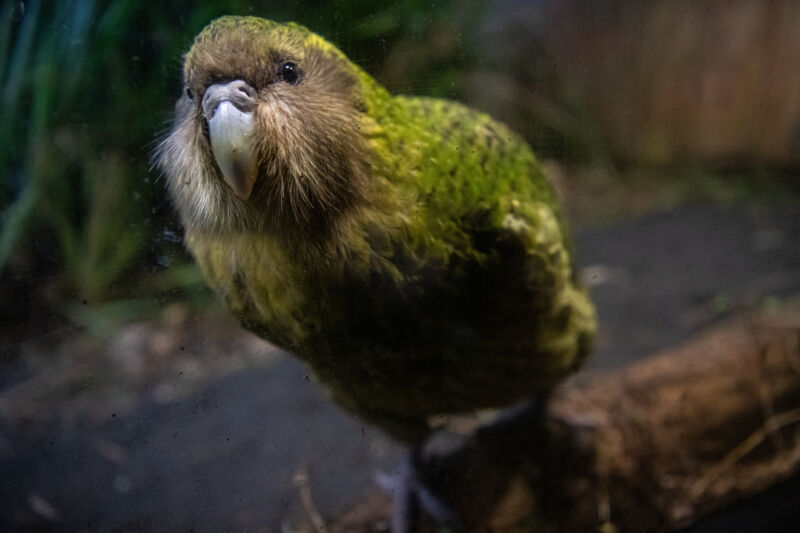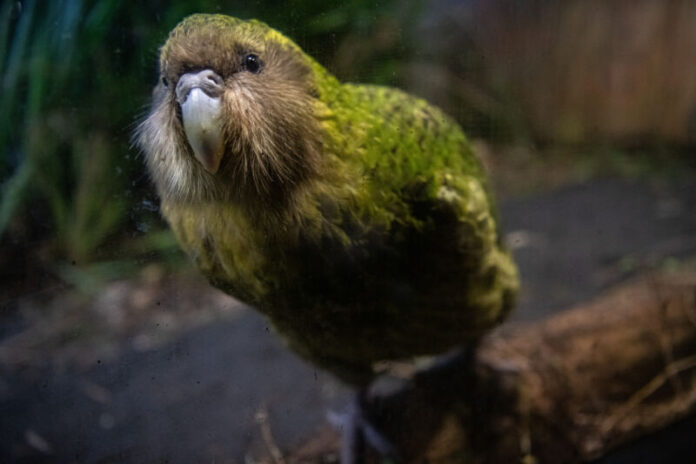
On an island off the coast of New Zealand, in the shadows of a primeval forest, an eerie sound resonates through the night. It's a deep boom that can sometimes be heard from miles away. This is the mating call of one of the strangest and most intriguing creatures in the region. Meet the critically endangered kākāpō.
Kākāpō (its name means “night parrot” in Māori) are large flightless parrots endemic to New Zealand. In 1894, conservationist Richard Henry relocated mainland birds to a supposedly safe island, but they were met by unsuspected predators. More kākāpō were found on the mainland and some surrounding islands in the 1970s. Though the mainland birds were later moved to those islands, only one survived. He was appropriately named Richard Henry.
The peculiar parrots now roam five islands free of predators, and their population has risen from a precarious 51 in 1995 to 252 in 2022. Still, the limited genetic diversity of such a small population has made breeding problematic. Breeding programs have found that most kākāpō are severely inbred and susceptible to disease and infertility. In an unprecedented move to conserve the species, researchers from the University of Otago have now sequenced the genome of nearly all existing birds in an effort to find out whether there are genetic variants in the population that could help keep the kākāpō from vanishing.
Read 11 remaining paragraphs | Comments
Ars Technica - All contentContinue reading/original-link]




